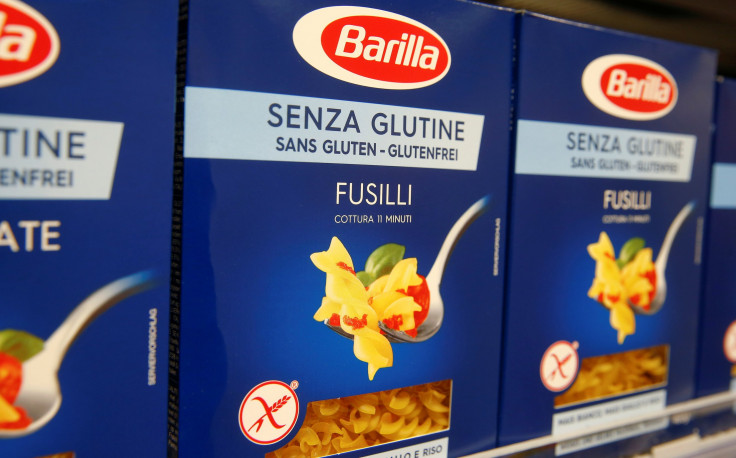What Causes Gluten Intolerance? Celiac Disease Linked To Virus

Researchers may have finally identified what causes gluten intolerance. An otherwise harmless virus called reovirus in infants could be responsible for triggering the immune system’s response that leads to celiac disease, according to research published Thursday by the University of Chicago and the University of Pittsburgh School of Medicine.
According to the study published in Science, the researchers found that depending on the genetic makeup of a strain of reovirus, it caused an inflammatory immune response and gluten intolerance in mice. The study suggested that since babies are often exposed to gluten first around six months of age, having the intestinal reovirus infection at the same time could trigger intolerance and celiac disease.
Read: Alzheimer's Disease Linked To Gut Bacteria
“This study clearly shows that a virus that is not clinically symptomatic can still do bad things to the immune system and set the stage for an autoimmune disorder, and for celiac disease in particular,” Bana Jabri, professor in the Department of Medicine and Pediatrics and vice chair for research in medicine and director of research at the University of Chicago Celiac Disease Center, said in a press release Thursday.
Celiac disease is an autoimmune disorder caused by an inflammatory response to the protein gluten found in foods like wheat and barley that affects one in 133 people throughout the United States. Because the symptoms differ from person to person, the disease can be hard to diagnose. More than 200 symptoms can occur in various parts of the body as a result, according to the Celiac Disease Foundation. It’s estimated that 17 percent of the people with celiac disease have not been diagnosed. There is currently no cure for celiac disease aside from a diet free of gluten.
“We have been restudying reovirus for some time, and we were surprised by the discovery of a potential link between reovirus and celiac disease,” Terence Dermody, chair of pediatrics at the University of Pittsburgh School of Medicine and physician in chief and scientific director at the Children’s Hospital of Pittsburgh at UPMC, said in the press release. “We are now in a position to precisely define the viral factors responsible for the induction of the autoimmune response.”
© Copyright IBTimes 2024. All rights reserved.





















